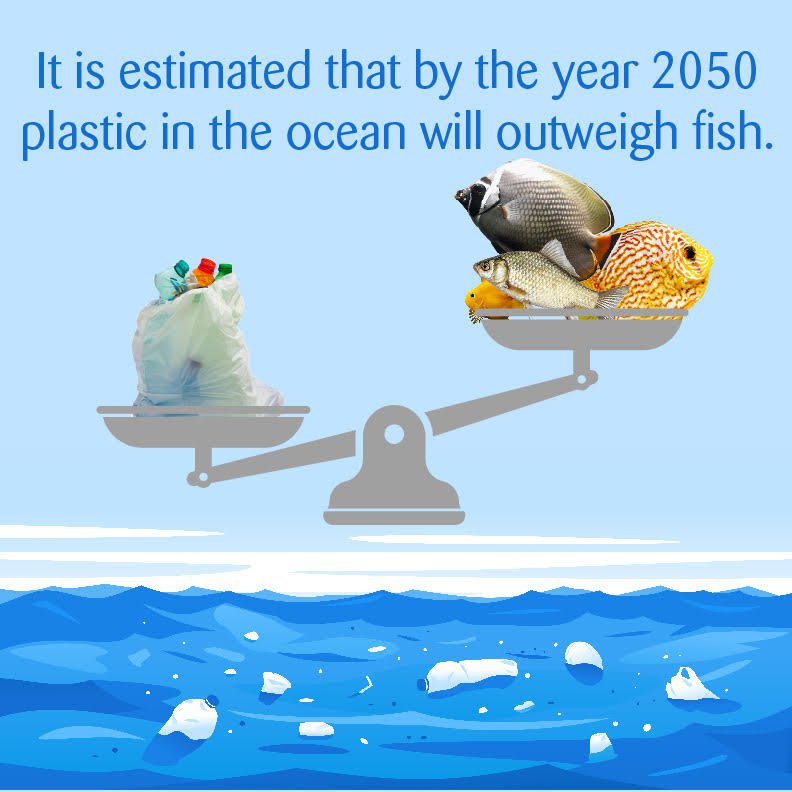Question Your World: How Can We Address Earth’s Plastic Pollution?
What do you get when you take the enzyme MHETase and combine it with the enzyme PETase? Duh, you get MHETase-PETase, the super enzyme! A team of scientists that have just shared some news about a potential way for humanity to use this super enzyme to help curb our global plastic wastes. How can we address Earth’s plastic pollution?
For the past several years we’ve been hearing all about the amount of plastic trash that is out there on Earth. This is a type of pollution that has many harmful impacts on the environment and is a huge challenge for most existing recycling facilities. The recently announced news about the super enzyme gives hope for diversifying how we approach environmental clean ups, but is also using some pretty cool science for this innovative new approach to breaking down plastics.
Okay, let’s dig in. All the way back in 2016 scientists discovered bacterium in a Japanese waste site that breaks down plastics -- specifically, PET plastics, which make up almost one sixth of the world’s annual plastic production but only about half is ever collected for recycling.
This bacterium naturally produces these useful enzymes, two of which are at the heart of this story. This now becomes a Tale of Two Enzymes.

The first one is PETase, which was observed to break down PET plastics into MHET, a building block of PET. The second, and most recent discovery, is MHETase, an enzyme that further breaks down the leftovers from the first enzyme’s work. MHETase breaks the remaining MHET down all the way to just two basic building blocks of plastic, both valuable for making new plastic without adding crude oil.
These researchers saw that the combined efforts from these enzymes were able to break down PET plastics six times faster than before! This process can also occur at room temperature giving hope that existing recycling efforts can be made more efficient and productive.
Currently plastic pollution has become a pretty huge problem from the Arctic to the Antarctic, and we can even find micro plastics in living things around the world. The Ocean Conservancy estimates that every year, 8 million metric tons of plastics enter our ocean on top of the estimated 150 million metric tons that are already out there floating around. It’s estimated that by 2050 plastic in the ocean will outweigh the fish.
These researchers hope to develop a tool kit of enzymes to help meet recycling and environmental needs at varying capacities world wide in the near future. Stay tuned as science continues to do its thing.
The Museum is hard at work helping you to discover your world despite dramatically reduced financial resources. If you'd like to help us continue this work, click here to learn how.

